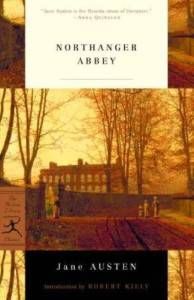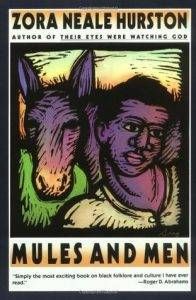
3 Classics I Hated that I Thought I Would Love
As a former longstanding English lit student—and someone who likes reading books written in the early 20th, 19th and 18th centuries for fun—I’ve read a lot of classics. But damn, some of them are so bad I just can’t understand how they’ve achieved “classic” status. Come at me with your counter arguments. Or, conversely, help me feel less alone and tell me you too hated these classics that you expected to love.
Little Women by Louisa May Alcott
by Louisa May Alcott
I finally read this classic by Louisa May Alcott (with my ears, as an audiobook) earlier this year. I had heard it was the American version of Anne of Green Gables, which is one of my all-time favorite books. Boy was that a misnomer. Despite the fact that an audiobook can usually carry me through a book that isn’t really doing it for me, I only made it three quarters of the way through Little Women. I can’t remember the last time I found a book so boring. For the life of me I could not bring myself to care about any of these characters even a little bit (yes, even Jo). When I wasn’t supremely bored I just wanted to give them all a good smack in the head (maybe that was because I found them so boring, actually). I’m sorry, but Louisa May Alcott can neither write an interesting character nor craft any semblance of an interesting plot. What happened at the end that I never got to? I can’t tell you how much I don’t care.
Northanger Abbey by Jane Austen
Okay, this book was written by Jane Austen, who wrote some of my favorite books, so I can’t in all honesty declare I hated it, but I really didn’t enjoy reading it very much. It is definitely by far my least favorite Austen. As with Little Women, I just didn’t care about any of the characters. I get that Austen’s point was to parody the conventions of gothic fiction, but the characters should also be interesting in and of themselves, shouldn’t they? The other thing I really didn’t like about this book was how Austen placed the reader in the position of knowing more than the main character for the entire book. I felt like I was supposed to be laughing at Catherine the whole time. I mean, I love Austen’s wit, but I want to laugh at stupid dudes like Mr. Collins, not the woman protagonist.
Mules and Men by Zora Neale Hurston
by Zora Neale Hurston
Of course Their Eyes Were Watching God is a masterpiece that I loved, which is why I was especially surprised to find this collection of “stories, ‘big old lies,’ songs, voodoo customs and superstitions” by Zora Neale Hurston kind of…dry. Mules and Men felt like more of the sort of book a scholar devoted to Hurston or African American folklore would enjoy but not many other people. What I found very strange was how a lot of the writing was presented in a report-like format instead of like fiction, which just felt like torture when they could have been great stories. I thought the second section on Hurston’s initiation as a hoodoo priestess would be fascinating; I almost can’t believe that it just felt like a bunch of dry work notes. I don’t know, maybe I’m not enough of an anthropologist to appreciate this book. But if you’re looking to read your first Zora Neale Hurston book, do not pick this one.

















